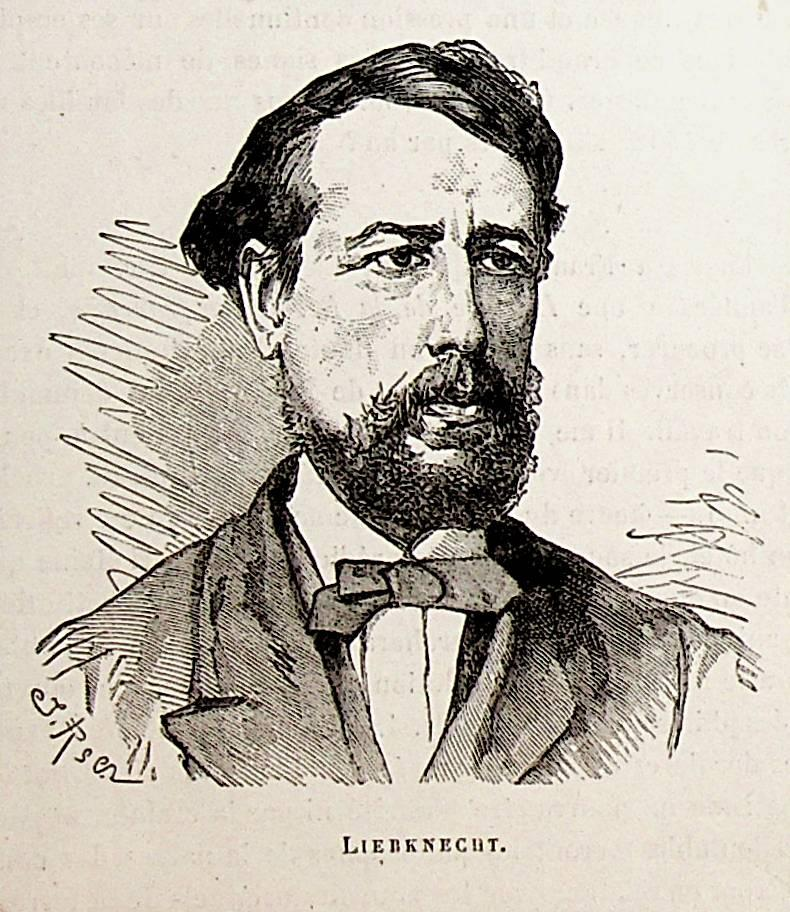Marxism as Criticism

I’m searching for the essence of Marx’s concept of socialism, the essence of Marxism, one might say. That essence - the thread weaving through all of Marx’s work, and much of Engels’ too - is criticism, or, critique. As a younger Marx wrote in 1843, “…if constructing the future and settling everything for all times are not our affair, it is all the more clear what we have to accomplish at present: I am referring to ruthless criticism of all that exists, ruthless both in the sense of not being afraid of the results it arrives at and in the sense of being just as little afraid of conflict with the powers that be.” Marx’s socialism - his understanding that the working class is the world-transforming force of history - emerges from criticism of religious critique: man alienates himself in religion, but what is it about material existence that compels man to seek this flight from reality? It’s the conditions of modern industrial labor. Marx’s most fundamental critique arguably lies in his e...



